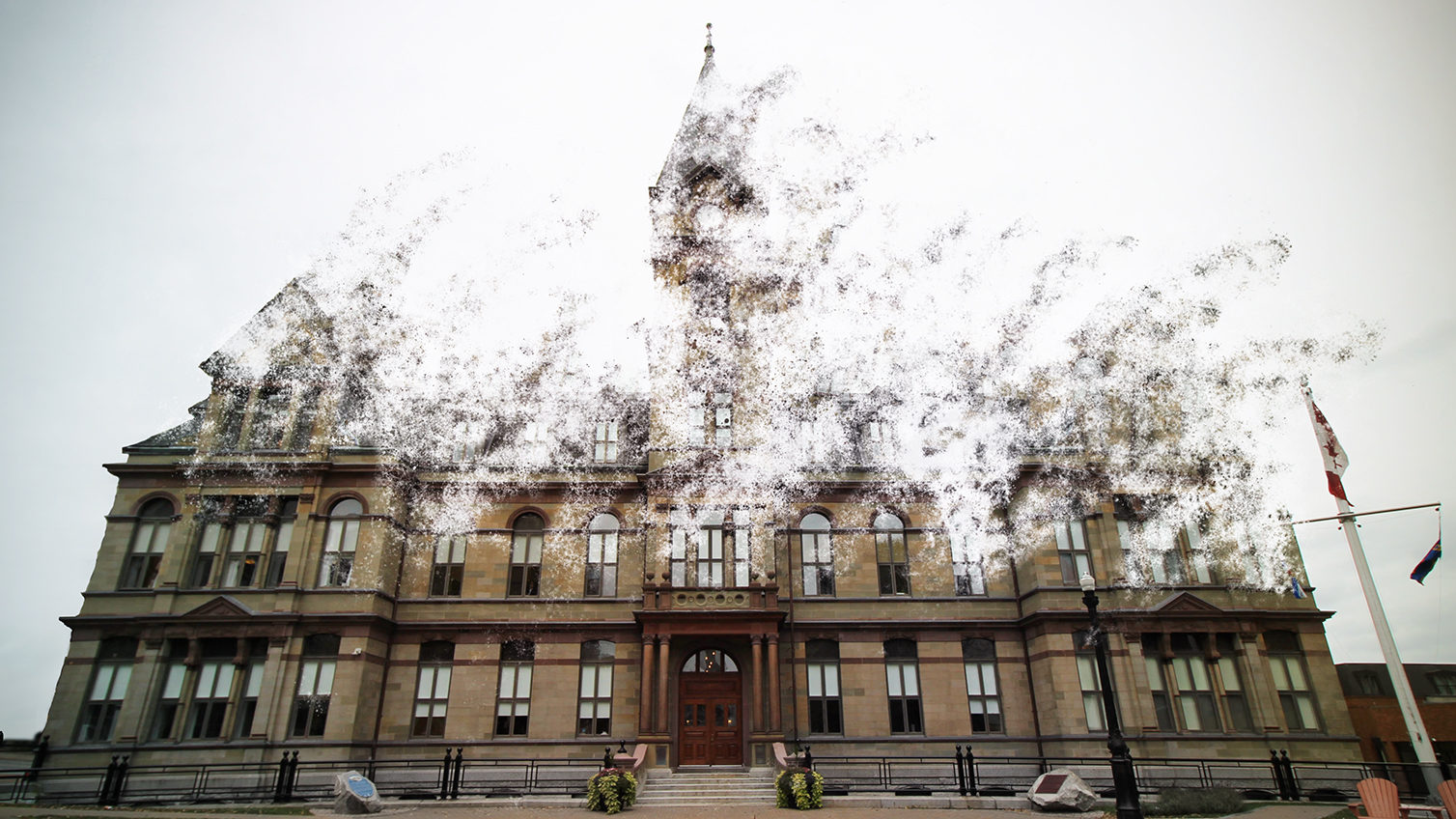Dale Bass started her 45-year journalism career in 1973 at the London Free Press. She remembers a bustling newsroom of 185, with two or three city hall reporters. Bass would sometimes be sent to the municipal Committee of Adjustments, which dealt with “neighbourhood squabbles”, when city hall reporters were busy with more important work.
Bass recently retired from Kamloops This Week, where she had worked since 2000. Before she left, Bass inherited the provincial and federal politics beat from a recently departed reporter. Since her retirement, Bass says there is now a single journalist at Kamloops This Week who reports on municipal, provincial and federal politics, plus business. “Plus, whatever else they throw at her,” says Bass.
To the younger reporters at Kamloops This Week, Bass says she would stress the importance of attending routine municipal meetings. “That’s where all the work is happening,” says Bass. “But they don’t have the time.”
City hall reporters have traditionally found a home in well-funded newsrooms, doggedly holding government to account by following the ins and outs of committees, budgets and other not-always-thrilling municipal activity.
Research shows these journalistic watchdogs benefit their communities. Citizens with access to local news tend to be more civically-engaged and turn out in local elections. Municipal mismanagement and corruption occur more often in communities lacking local news media outlets.
The stark decline of city hall reporting is laid out in a recent report by the Public Policy Forum, a non-profit think tank in Ottawa. Mind the Gaps found that between 2008 and 2017, city hall reporting at news outlets in 20 small and mid-sized Canadian cities dropped 38%.
As city hall news dries up, are Canadians being left in the dark on municipal affairs? If so, how will that impact their lives?
On the brink
Statistics Canada reported a 20% drop, between 2014 and 2016, in newspaper industry revenue. Digital advertising revenue has soared, but Google and Facebook gobble up more than 70% of the pie, leaving traditional news outlets to fight over scraps.
From 2008 to October 2018, the Local News Research Project reported that 260 news outlets closed across Canada, while 85 launched in the same period. The Project is a collaboration between Ryerson University’s School of Journalism and the University of British Columbia.
Lead investigator for the Local News Research Project and a Ryerson University professor, April Lindgren, says the Project was created to track local media in communities across Canada. Lindgren says there is a lack of research on the effect of shuttered media outlets on local government reporting.
“Although,” says Lindgren, “there is growing concern.”

